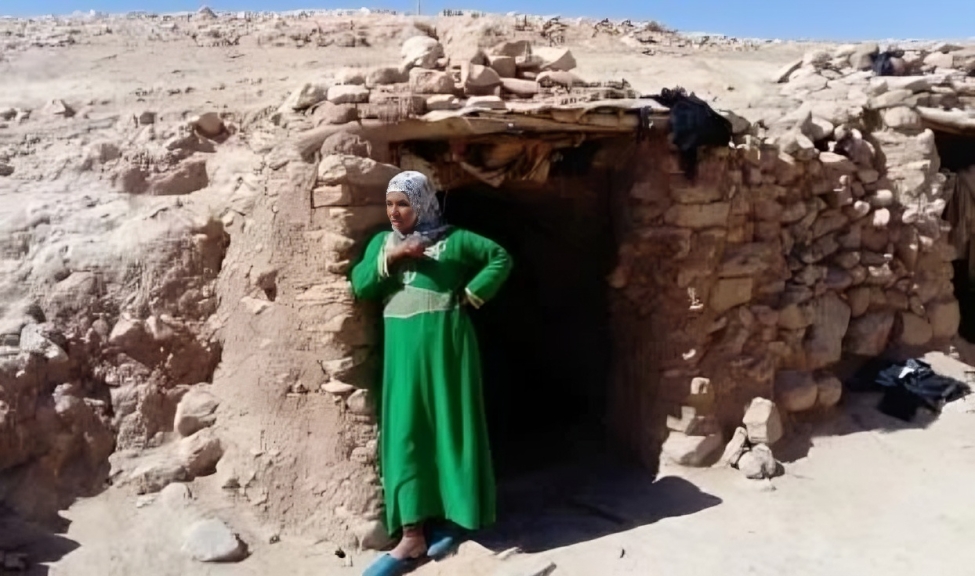- 13:25UN Chief Highlights Morocco's Sahara Initiative for Sahel Economic Integration
- 13:15Kamala Harris Targets Disenchanted Republicans in Key Battleground States Ahead of Election
- 13:00Morocco Bolsters Maritime Influence with IMO Council Vice-Presidency
- 12:45King Charles III's Australian Visit: A Royal Encounter Amidst Growing Republican Sentiments
- 12:25Moroccan Buyers Surge to Second Place in Spanish Property Market
- 12:05Kamala Harris Highlights Trump's Campaign Fatigue in New Attack Ad
- 11:40Stellantis Shifts Gears: Morocco's Automotive Boom Raises Questions for European Manufacturing
- 11:25Elon Musk Increases Financial Incentive for Petition Supporting Constitutional Rights
- 11:15Morocco's Human Rights Council Pushes for Enhanced Protections in Strike Legislation
Follow us on Facebook
Morocco's Women's Rights: A Call for Swift Legal Reforms to Empower and Protect
In a nation where cultural traditions and religious beliefs often intertwine with legal frameworks, the issue of women's rights in Morocco demands urgent attention and transformative legal interventions. The current legal landscape, though evolving, continues to present significant challenges and barriers for Moroccan women, hindering their ability to fully participate in and contribute to society.
The recent case of a young woman, Wafa Khadir, who was denied access to a university degree program due to her gender, has sparked a much-needed conversation about the pervasive gender discrimination that persists within Moroccan society. This incident, though an extreme example, is indicative of the broader systemic issues that women face in their pursuit of education, employment, and personal autonomy.
Morocco's legal system, despite some progressive steps, still lags behind in terms of gender equality. The country's Family Code, for instance, while granting women certain rights and protections, falls short of ensuring their full legal capacity and autonomy. Women often find themselves at a disadvantage when it comes to issues of marriage, divorce, and inheritance, with traditional gender roles and expectations still heavily influencing these legal processes.
Furthermore, the lack of comprehensive legislation addressing issues of gender-based violence and harassment leaves women vulnerable and without adequate legal recourse. The recent rise in reports of sexual harassment and assault, particularly in public spaces, underscores the urgent need for legal reforms that prioritize the safety and well-being of women.
Advocacy groups and women's rights organizations in Morocco have been at the forefront of this battle, tirelessly working to raise awareness, challenge discriminatory practices, and push for legislative changes. Their efforts have led to some notable successes, such as the introduction of laws criminalizing certain forms of gender-based violence and the establishment of support services for victims.
However, much work remains to be done. The Moroccan government and legal institutions must prioritize the implementation of comprehensive legal reforms that address the root causes of gender inequality and discrimination. This includes revising and updating existing laws, as well as introducing new legislation that promotes gender equality, protects women's rights, and ensures their full participation in all aspects of society.
In conclusion, the time has come for Morocco to take bold and decisive action to empower and protect its women. By enacting swift and meaningful legal reforms, the nation can not only uphold its commitment to gender equality but also unlock the full potential of its female population, fostering a more just, inclusive, and prosperous society for all.




